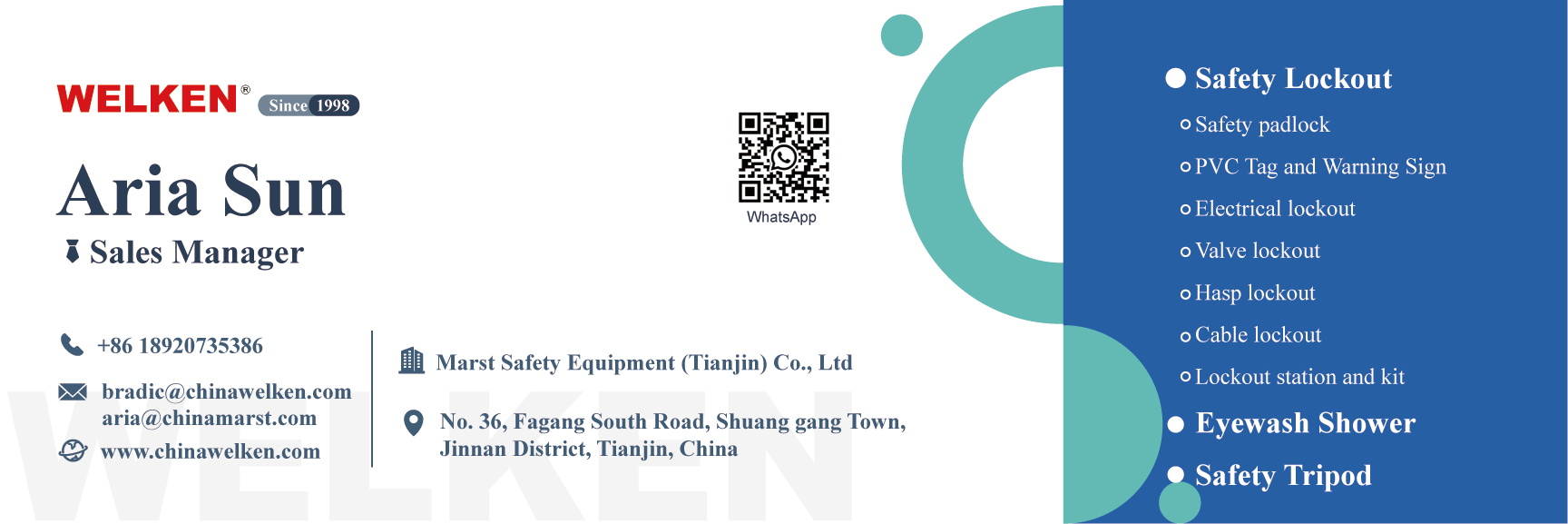If you are a starter in the foreign trade, there’s something that you need to know. The international commercial term, which is also called the incoterm. Here are three most commonly used incoterms.
1. EXW – Ex Works
EXW is short for ex works, and is also known as factory prices for the goods. The seller makes the goods available at their premises, or at another named place. In common practice the buyer arranges the collection of the freight from the designated location, and is responsible for clearing the goods through Customs. The buyer is also responsible for completing all the export documentation.
EXW means that a buyer incurs the risks of bringing the goods to their final destination. This term places the maximum obligation on the buyer and minimum obligations on the seller. The Ex Works term is often used while making an initial quotation for the sale of goods without any costs included.
2. FOB – Free on Board
Under FOB terms the seller bears all costs and risks up to the point the goods are loaded on board. Therefore, FOB contract requires a seller to deliver goods on board a vessel that is to be designated by the buyer in a manner customary at the particular port. In this case, the seller must also arrange for export clearance. On the other hand, the buyer pays cost of marine freight transportation, bill of lading fees, insurance, unloading and transportation cost from the arrival port to destination.
3. CFR – Cost and Freight (named port of destination)
The seller pays for the carriage of the goods up to the named port of destination. Risk transfers to buyer when the goods have been loaded on board the ship in the country of Export. The seller is responsible for origin costs including export clearance and freight costs for carriage to the named port. The shipper is not responsible for delivery to the final destination from the port, or for buying insurance. If the buyer requires the seller to obtain insurance, the Incoterm CIF should be considered.
Post time: Nov-09-2023




